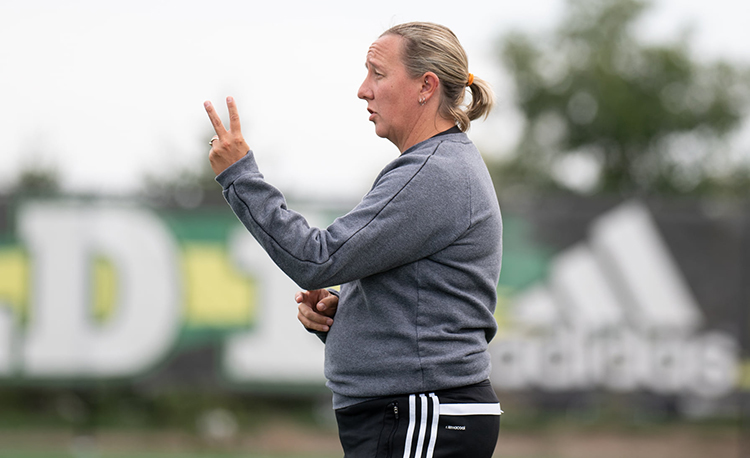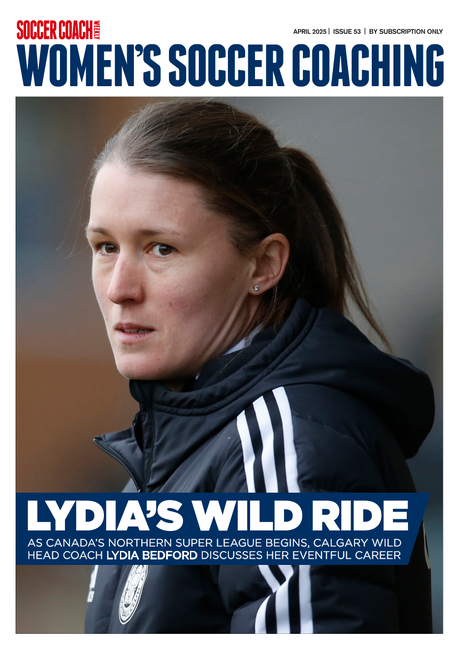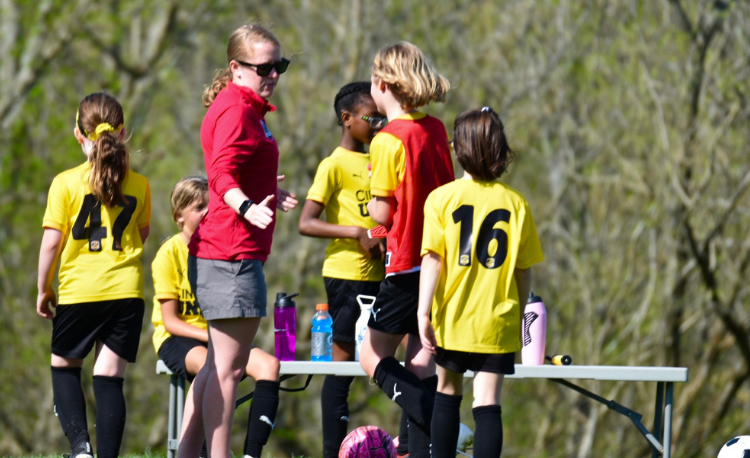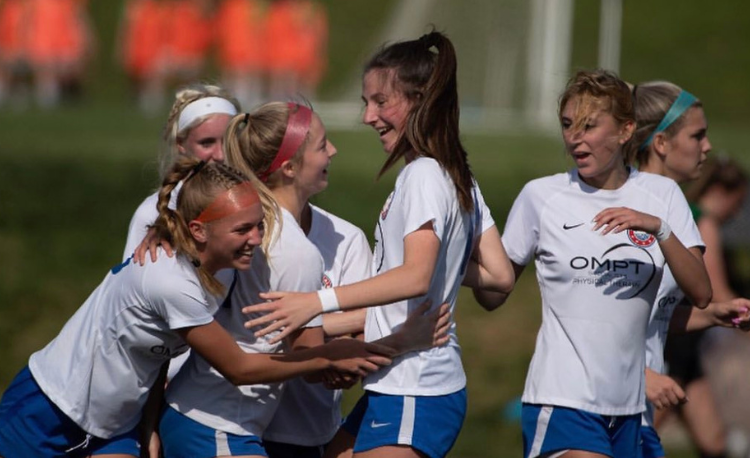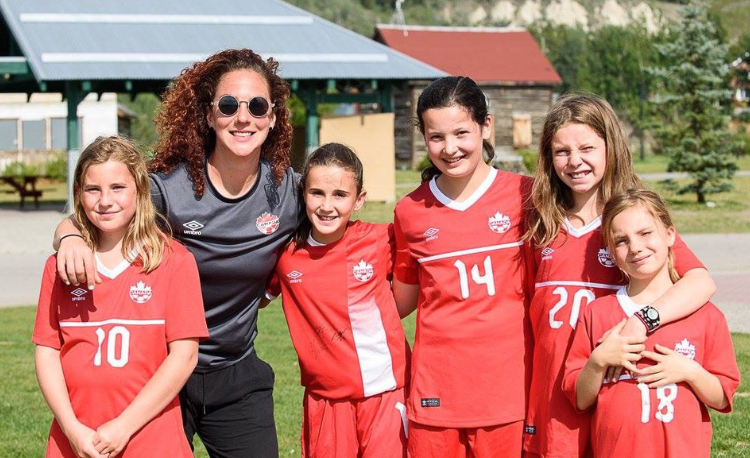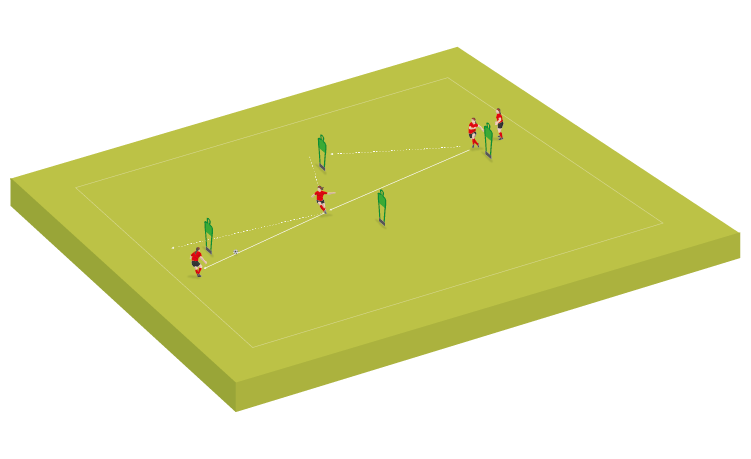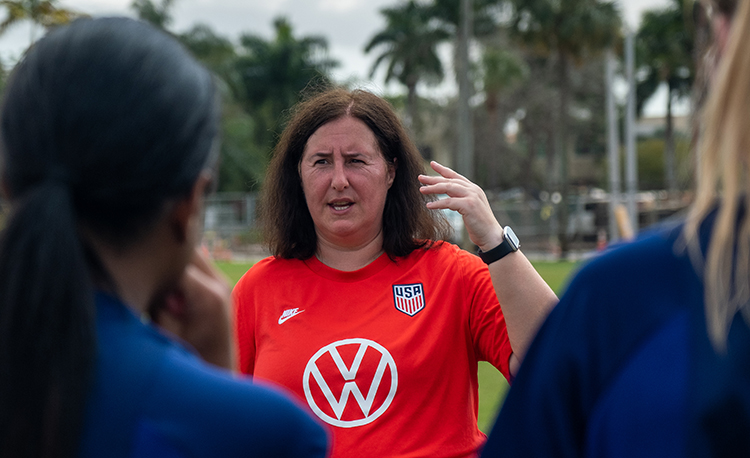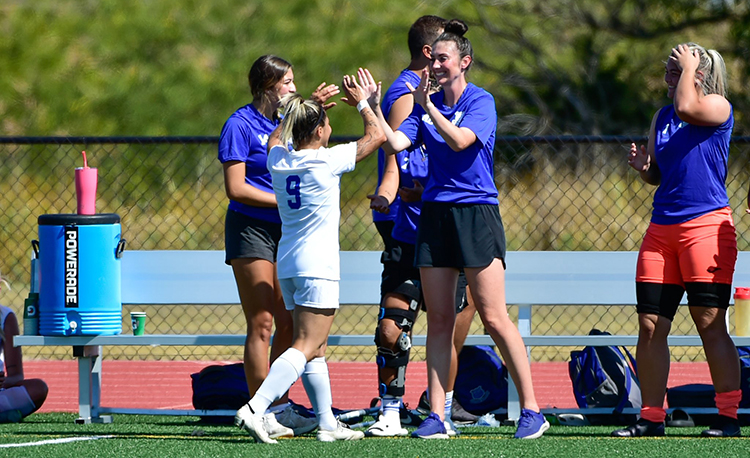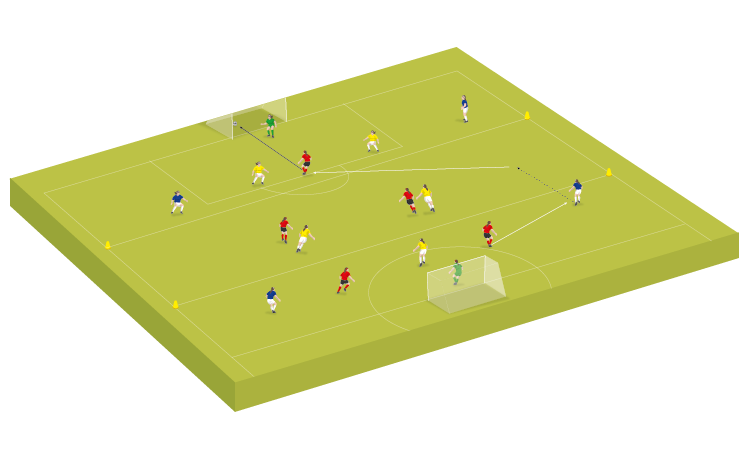You are viewing
1 of your 3 free articles
Flip your perspective to a 'growth mindset'
Changing how you reflect on setbacks can shift your attitude upwards - there’s no need to be flawless, just be better than yesterday
’Growth mindset’ is a term that has been popular in recent years.
It is a philosophy, a way of life and a personal perspective, where failures or setbacks are seen as opportunities rather than barriers.
A growth mindset is the concept that, through experiences, one may continue to grow, develop and learn. But, in the field of coaching – particularly in soccer – what does it mean to have a growth mindset?
Can I be honest for a second? I am naturally pessimistic and have a fixed perspective when it comes to being out of my comfort zone.
I experienced a personal shift in mindset which coincided with the change in philosophy within USSF coaching education.
In the winter of 2014, I attend the previous nine-day format of the USSF A License course in Casa Grande, Arizona. While on the course, I missed my daughter’s second birthday.
It had been the longest time I had been away from her since she was born. I was focused on getting there, getting out, and just trying to pass without disappointing and embarrassing myself and others.
I was feeling all the pressure of performing in critical moments. I viewed the situation as do or die and the course was just proving ground for coaching talent and ability.
My thinking was completely wrong - and it showed in my performance on the course as a coach.
As you might expect, six-to-eight weeks later, 50% of the course candidates, including myself, received word that we had failed.
I felt like I had let down the individuals who had been the most supportive of me. I struggled to see the opportunity in my setback.
Thank goodness for the players who always energized me and the club leadership that encouraged me. I was able to swallow my pride and continue to coach.
I did not know I was looking at coaching education incorrectly until the summer of 2018. I was blessed with a second chance to take the USSF A-Youth License, which I gratefully accepted.
This time, the course was a process. It was a journey, a long and winding road, spanning six months. Before, throughout, and after my development, I assessed where I was as a coach. Reflection was the biggest component of the course.
"My thinking was wrong and it showed in my performance on the course..."
Passing the course was a source of pride for me, but, more importantly, it shifted my perspective. The USSF A-Youth License course allowed me to demonstrate my development and learning abilities.
I was provided opportunities to share and receive information in a variety of methods. If an assignment was not up to par, I received a "revision requested" notice along with helpful criticism that resulted in better work.
During the process, I had a tremendous amount of growth. It was not about where I began, but about how much better I became through sharing knowledge and learning through experiences.
To say the least, the course was life-changing, and it drastically impacted my professional and personal perspective.
I have also been able to cultivate a growth mindset through opening myself to others. I am more of an introvert than an extrovert and find it difficult and exhausting to connect with others.
When you share your areas of weakness or shortcomings, you expose yourself to a certain level of vulnerability.
At the same time, declaring "I am good at this," but "I want to learn more and could do better with that" can be empowering. It gives you control over your own development by allowing you to own it publicly.
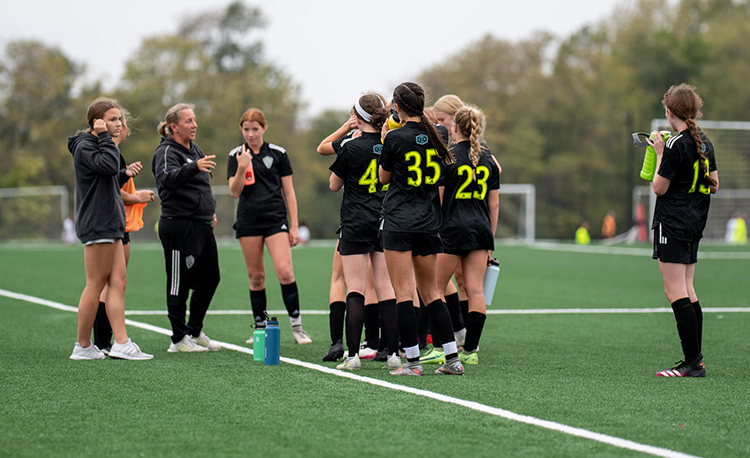
Sharing with others opens the door for peer support, accountability, and the exchange of external ideas about how to improve.
What or who is a part of your growth mindset community? Is it a book club, a coffee group, a membership in a coaching organization, or a mentor/mentorship program?
Find out what works best for you and go with it. If your mindset or development is stagnated, you may need to look for a new community to motivate and inspire you.
When failure occurs in an industry where we all are naturally competitive and egos run high, it can be tough to maintain a growth mindset.
Confidence and a growth mindset go hand in hand. Confidence does not imply that you will never make a mistake. Confidence comes from understanding that you can recover from your mistakes or shortcomings, learn from them and move forward.
It is not necessary for me to be flawless. All I must do is strive to be better than I was yesterday. And, if I was not as good as I could have been, I have the ability and humility to reflect on why.
In terms of a growth mindset when it comes to coaching in games and training sessions, I am confident that the perfect training session or in-game coaching performance has yet to be achieved.
"It’s not necessary for me to be flawless. All I must do is strive to be better than yesterday..."
Everyone must find a process that works best for them when reflecting. I find it best to self-reflect quietly on my own, an hour or so after the game or training.
I look at objectives for that contact with players. I evaluate myself on a rubric that is in line with the standards and expectations of the environment or club. I ask myself if I was successful in achieving those goals, and if not, why.
I keep a journal and document ideas for how I could improve, which I periodically revisit. I also lean into peers.
I am still at the stage where I need a little more time to process peer or outside input - I have a growth mindset, but I also have a level of pride in my work.
Set guidelines for how the feedback is shared so that the interaction is productive. Maintain an open mind and actively listen. When I give feedback, I learn just as much from the conversation as the person I am providing the feedback to.
I am surely not the coach I was at 14, coaching grassroots players. I am not the coach I was at 22, fresh off my college playing career. And I hope I am not the coach I was prior to my first go at the USSF A-License - or even after I passed in 2018.
And I know I will not be the same coach, director and coach educator I am today 10 years from now - precisely because of my growth mindset.
quick hitters for having a growth mindset in soccer coaching
- Follow the trends of the game – soccer is always changing, what we held as true yesterday may not be the case today.
- Surround yourself with others who see the game and player development differently to you.
- Put yourself in environments that will challenge practices and beliefs.
- Get comfortable with being uncomfortable – the next jump in growth always starts with a first step and that step never gets any easier.
- Seek feedback – from peers, from parents, from players, from leadership outside and inside of your environment.
- Never be complacent and keep pushing to be better.
- Education is not a destination, it is a journey - and it does not end until the day you die.
- Seek out opportunities and connections. What is the worst case? They say no. Then ask again when you are ready.
- Reflect, reflect again, and when you think you are done reflecting, reflect one more time for good measure.
Related Files
Newsletter Sign Up
Newsletter Sign Up
Discover the simple way to become a more effective, more successful soccer coach
In a recent survey 89% of subscribers said Women's Soccer Coaching makes them more confident, 91% said Women's Soccer Coaching makes them a more effective coach and 93% said Women's Soccer Coaching makes them more inspired.
*includes 3 coaching manuals
Get Inspired
All the latest techniques and approaches
Women's Soccer Coaching offers proven and easy to use soccer drills, coaching sessions, practice plans, small-sided games, warm-ups, training tips and advice.
We've been at the cutting edge of soccer coaching since we launched Soccer Coach Weekly in 2007, creating resources for the grassroots youth coach, following best practice from around the world and insights from the professional game.
